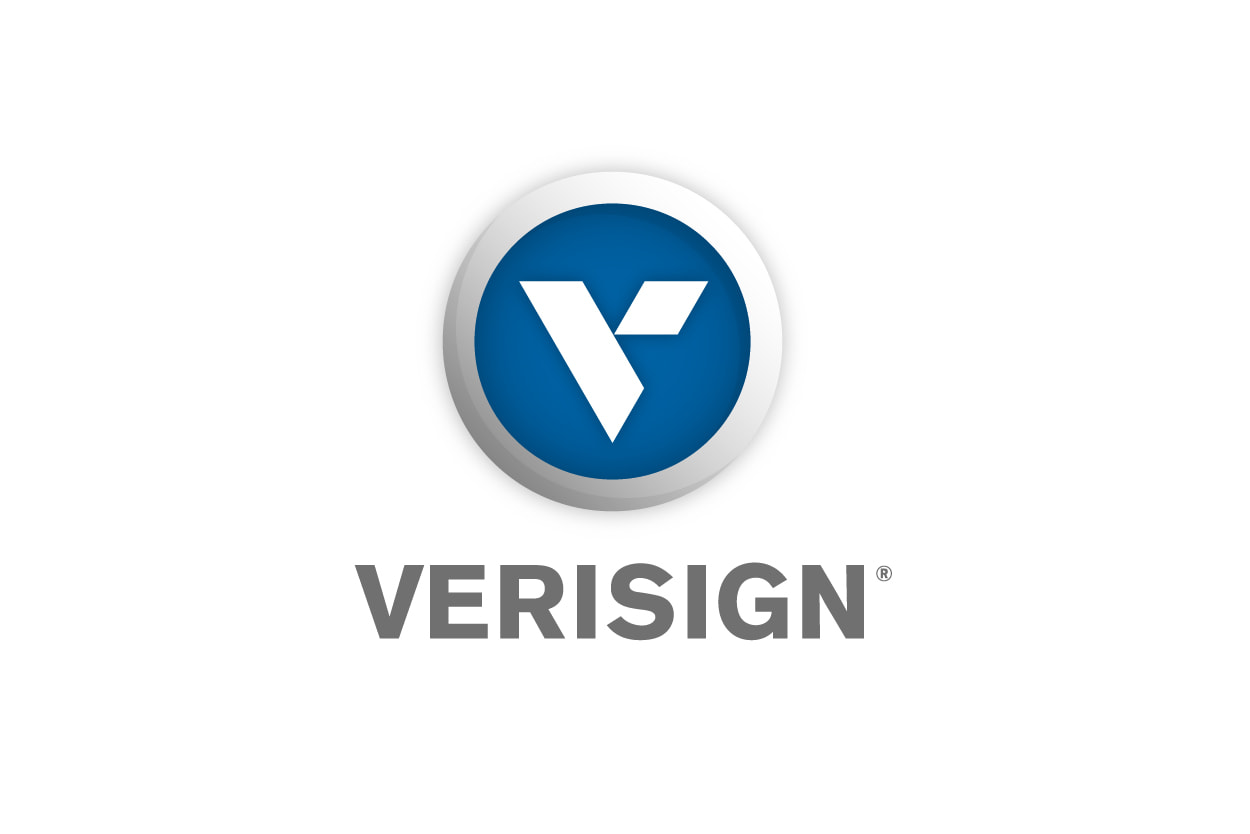The National Telecommunications and Information Administration’s (NTIA) March 14, 2014, announcement proposing the transition of its legacy Internet Assigned Numbers Authority (IANA) stewardship role has presented the Internet Corporation for Assigned Names and Numbers (ICANN) multi-stakeholder community equal amounts of opportunity and responsibility. We have been handed a singular opportunity to define the terms of any stewardship transition and the fundamental responsibility to get it right.
Getting it right means ensuring, through a bottom-up, multi-stakeholder process, the reform of ICANN’s accountability structures to protect the community and the multi-stakeholder model prior to NTIA’s disengagement from its oversight and stewardship role. It also means acting quickly and efficiently so our window of opportunity is not missed.
At ICANN’s 50th meeting taking place in London this week, some have suggested that there are “elements” or “forces” among us who oppose the IANA stewardship transition and that calls for accountability reform are tantamount to delay tactics. I have found the opposite to be true. There is significant community support for NTIA’s announcement. There is significant support for NTIA’s four key principles. There is universal support for initiating a bottom-up, multi-stakeholder process to develop a recommended transition plan for NTIA’s consideration. The community also recognizes our limited time to get the work done and the need to propose concrete and implementable enhancements. And, perhaps most importantly, there’s a rapidly growing and strong consensus that ICANN’s accountability reform is a key dependency for any successful IANA stewardship.
On March 24, 2014, at the 49th ICANN meeting in Singapore, Verisign’s Pat Kane, senior vice president of Naming and Directory Services, made the following statements in support of the NTIA announcement, accountability and the multi-stakeholder process:
- Verisign recognizes that it is probably the right time to transition the IANA functions and stewardship of those functions away from the United States government.
- Verisign further recognizes that the ICANN community is ready to begin the conversation and its multi-stakeholder, bottom‐up structures have matured and will be the means by which a proposed solution for the transition is developed for continued operations of the IANA functions.
- We support ICANN as the convener of this process as we find solutions for the clerical, authorizing, and technical operations of IANA which are all tied to accountability to the community.
- The accountability regime that replaces the NTIA’s stewardship should ensure enforceable and auditable transparency and accountability mechanisms. The DNS community and the global business and user communities deserve no less as such mechanisms are critical to the functioning of an open and secure Internet for everyone.
- We look forward to contributing to the process and the proposed solution.
Those comments were made almost exactly three months ago. To eliminate any uncertainty around Verisign’s position on the issues of IANA Stewardship Transition and ICANN Accountability, I will take this opportunity to dispel any question or misinformation and reaffirm our views:
- Verisign supports NTIA’s March 14, 2014, announcement;
- Verisign supports NTIA’s four key principles;
- Verisign supports the bottom-up, multi-stakeholder process now under way;
- Verisign supports the target date of September 2015 for transition;
- PROVIDED the multi-stakeholder community recommendations for ICANN’s accountability reform are accepted by NTIA before the final transition and sufficiently implemented by ICANN subject to measurable deliverables.
Directly related to this issue, at the April NetMundial meeting in Sao Paolo, ICANN’s CEO Fadi Chehadé made a very important and welcome statement concerning the relationship between the proposed IANA transition and the need to improve ICANN’s accountability. In response to strong positions taken by civil society, the technical community and others calling for structural separation of the IANA functions, Mr. Chehadé acknowledged the need to strengthen and improve ICANN’s accountability and said:
“These two processes are very interrelated. I may have used the word in the past ‘separate’. I take that word back. They are related processes. They will run in parallel but they will inform each other. They are interdependent, they’re interrelated, and if we are successful, we should get these processes to work on the same timeline.”
Surprisingly, during Tuesday’s ICANN Board meeting with the Governmental Advisory Committee (GAC) in London, Mr. Chehadé said:
“It is very important that we are careful how we tie this [ICANN Accountability Process] to the transition. There are some elements of the community that would like to delay the transition, and therefore, when we talk about accountability, we talk about its interrelation with the transition, not necessarily its interdependency.”
This apparent reversal after only two months raises serious questions about ICANN’s willingness and commitment to undertake meaningful reform and to allow community development of a bottom-up, consensus-based recommendation for the IANA transition process, as called for in NTIA’s key principles. This raises serious concerns about institutional resistance to meaningful change and is the real threat to a successful and timely transition.
Further, during Tuesday’s ICANN Board meeting with the Registries Stakeholder Group (RySG), Mr. Chehadé said:
“There are people in this community who would like the transition from the U.S. government to never happen. They won’t admit it, but there are several, in this room even, who want this to never happen.” and “Be aware that amongst us, there are people who have different agendas. I don’t want to point them out. It’s just normal; people have interests, have agendas, and some people would like things to stay in a certain way.”
As was explained to the ICANN Board during that session, there is strong support among the Registries Stakeholder Group for the IANA transition, provided meaningful accountability structures are identified and accepted prior to any transition being concluded. I’m aware of no one who is satisfied with the status quo, who prefers that things remain the same, or to “stay in a certain way.” This week in London, the community is delivering a clear message that reform is necessary and that appropriate enhancements, to be determined by the community, must be agreed upon prior to NTIA completing its disengagement.
With the strong possibility of NTIA’s disengagement and the loss of any real or perceived backstop and oversight, the ICANN Board can no longer be accountable to itself alone. The community needs to ensure its interests are protected over those of the ICANN Corporation — now more than ever. We have the opportunity and responsibility to secure real accountability AND a timely IANA transition. We have the time and ability to do the job right. The ICANN staff and ICANN Board now need to support us in our work and to accept the community recommendations at the end of the process. We can do it. Will they?




